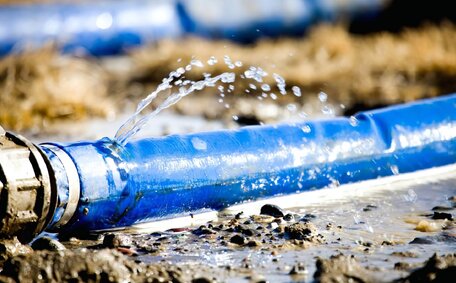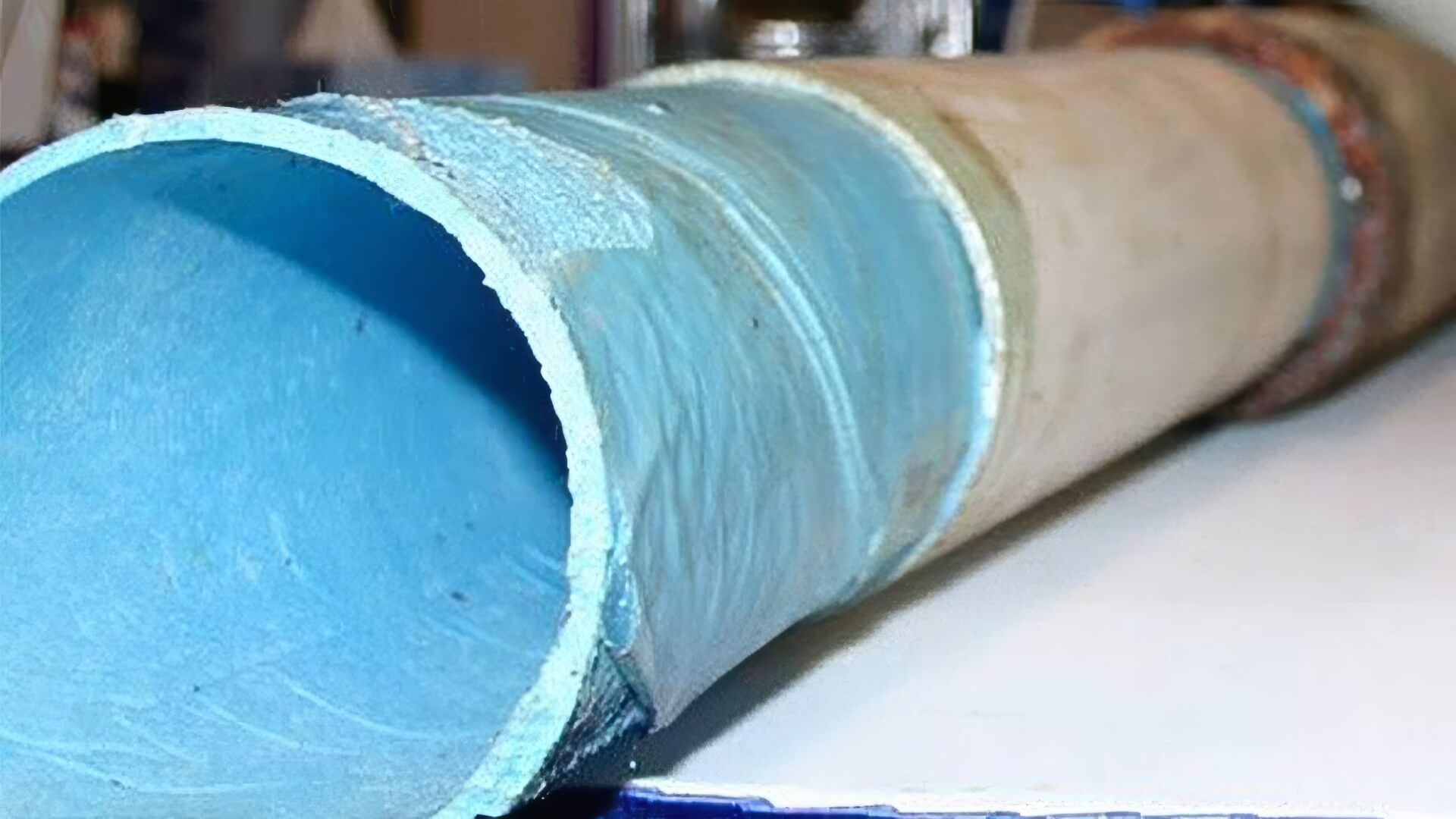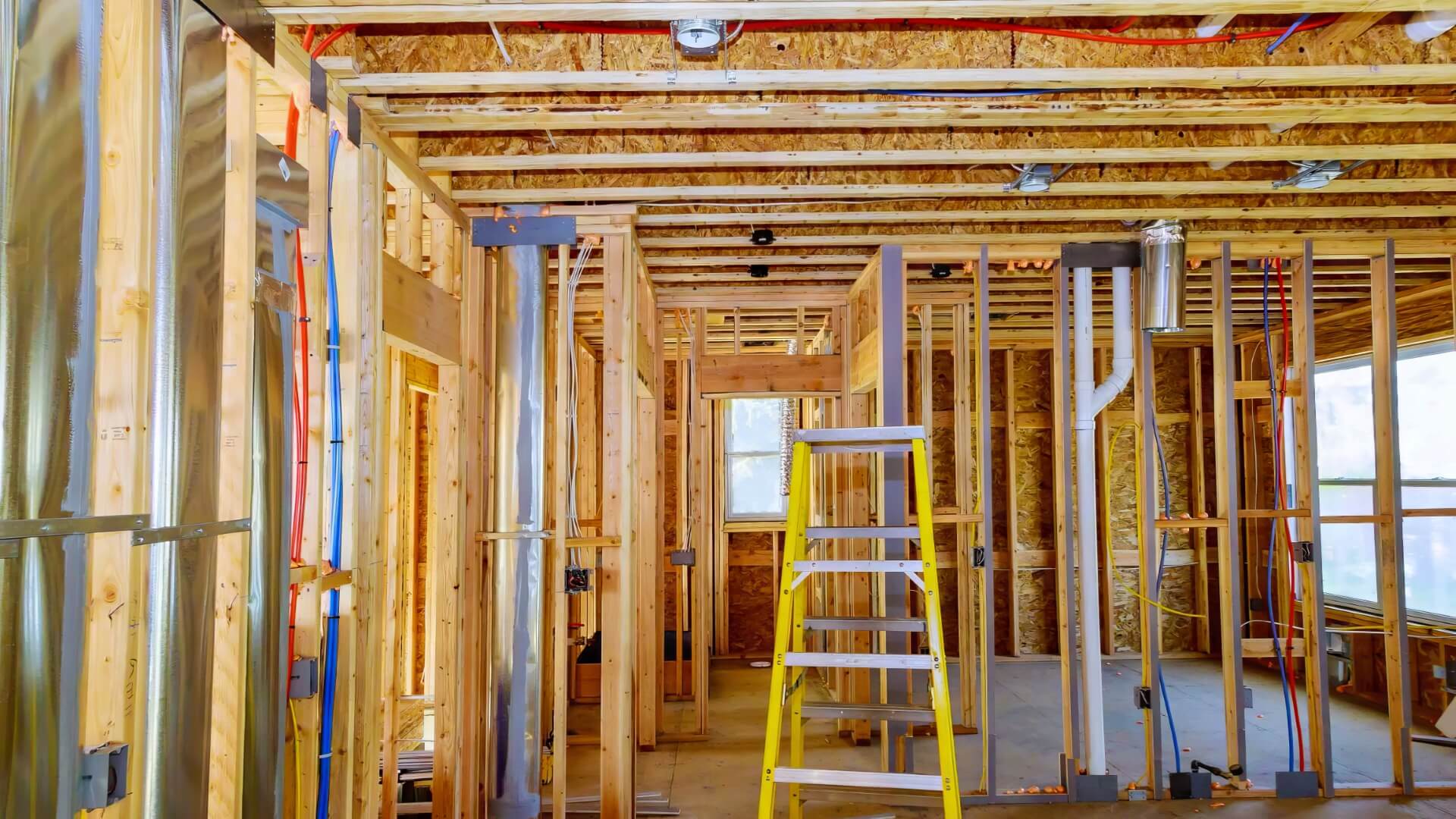Introduction to Preventing Plumbing Emergencies
Preventing plumbing mishaps is crucial for ensuring safety and maintaining the orderliness of your life at home. Minor complications can turn into severe dilemmas such as water damage or even flooding if ignored. With some diligent maintenance habits and an awareness of potential trouble signs, it’s essential to understand that most common plumbing issues can be averted.
Pondering how you can achieve the best in plumbing? As a full-service provider in Balmain, Sydney, we offer expertise comparable to Gold Coast specialists, excelling in various plumbing aspects. We are ready to tackle any plumbing emergencies your property may encounter, big or small. However, you can mitigate the risk of a burst pipe, as emergencies can happen unexpectedly in your plumbing system.
This article will offer invaluable tips prevent plumbing issues by identifying emerging problems early. Implementing even basic preventative measures suggested here can save homeowners countless headaches and preserve the integrity of plumbing infrastructure for maximum lifespan.
Common Causes of Plumbing Issues
Several common issues, if left unchecked, can escalate into plumbing emergencies that damage your home. Keeping an eye on your plumbing system and addressing problems early is crucial.
Clogged drains are one of the most widespread plumbing problems. Clogged drains, created when debris like hair and soap residue accumulate in pipes, can bring household routines to a halt.
To avert blockages, Prevent fatty substances from going down drain by never pouring them down sinks, use drain screens, opt for enzyme-based drain cleaners monthly, and engage a professional for routine cleaning services.
What seem like harmless leaks can cause serious problems, leading to water saturation and decay in surrounding structures.
Keep an eye on your plumbing by staying vigilant for subtle indicators, such as an unexpected rise in your water bill or musty odours in your dwelling. Ensure to call a professional plumber to examine pipes annually, pinpointing and addressing any issues promptly before significant ruptures occur. Useful plumbing tools like leak detectors can also help trace leaks.
As water heaters age, components like heating elements and pressure relief valves begin to fail. If you notice any warning signs such as rust accumulation, peculiar popping/hissing noises, or unstable hot water temperatures, take action swiftly. Schedule professional water heater maintenance every 1-2 years to test and replace worn parts if needed, extending the heater’s lifespan.
Clogged Drains
Ah, clogged drains - the bane of many a homeowner’s existence. These troublesome blockages, commonly known as blocked drains, are often caused by an unholy alliance of hair, grease, and soap residue. Over time, neglecting drain care can reduce capacity significantly, as clogs can eventually eat through the system, possibly leading to a preventable plumbing emergency.
Flushable wipes, contrary to their label, tenaciously stick together, frequently leading to problematic clogs as they journey down toilet systems. They may disappear down the drain, but they don’t break down as easily as toilet paper, leading to extensive damage. Instead, they linger down your pipes, forming a stubborn barrier that can lead to full-blown blockages.
To prevent clogged drains, it pays to be diligent about disposing of waste properly. These substances solidify as they cool, creating a gooey mess that clings to pipe walls and attracts other materials.
Install drain screens to intercept hair and other debris before entry into your pipes, and forego flushing any grease into the sink.
Monthly use of enzyme-based cleansers as part of your maintenance can diligently monitor your drain health, preventing build-up that may otherwise lead to significant complications. And don’t forget regular plumbing maintenance, like deploying a drain snake—a spa day for your plumbing system—removing debris and preventing a clogged drain.
Leaking Pipes
Leaking pipes are a common plumbing problem that can quickly spiral into a costly emergency if left unchecked. There are two main reasons pipes start to leak:
Ageing Pipes
Over time, the materials and fittings in pipes begin to corrode and weaken from constant water exposure and mineral build up. Old galvanised steel pipes are especially prone to rusting and pinhole leaks. Replacing antiquated pipes with newer copper or PEX piping before leaks occur is the best preventative measure.
Excess Water Pressure
High water pressure accelerates the deterioration process in pipes. Pressure over 80 PSI can prove too hard on materials, pushing them to the breaking point. High water pressure accelerates the deterioration process in pipes.
Installing a pressure reducing valve can help maintain safer pressure levels and reduce leaks.
Catching a minor drip early allows for a quick sealant fix before major pipe failures happen. Catching a minor drip early allows for a quick sealant fix before major pipe failures happen.
But staying vigilant for subtle leaks is key. Do an annual visual inspection along all accessible water pipes, especially near appliances.
Faulty Water Heaters
Faulty water heaters are another common culprit behind plumbing emergencies. As heaters age, critical components like heating elements, thermostats, and pressure relief valves can begin to fail. Warning signs to watch out for include:
- Rust around the base or fittings
- Strange popping, hissing, rumbling noises
- Fluctuations in hot water temperature
- New leaks around the tank
Organising routine professional water heater servicing every 1-2 years can make sure to preserve your water heater’s condition and prevent issues from arising. Professionals conduct a scrupulous examination of all mechanical parts, taking special care your water heater is devoid of corrosion, mineral deposits, and attrition. Replacing damaged elements and valves can restore functionality and extend the heater’s lifespan considerably.
They also test safety mechanisms like temperature and pressure valves.
To avoid plumbing mishaps, familiarise yourself with the water heater’s age, average lifespan, and location of the shutoff valve. This provides a helpful reference point for determining repair needs and allows quick shutoff if cold water leaks do start to occur.
Routine Maintenance to Prevent Emergencies
Here, some consistent routines, alongside the discretion to call a professional when needed, can significantly lessen the odds of plumbing mishaps. Simple self-checks to perform regularly include:
- Inspecting exposed pipes and fittings for leaks
- Pouring half a cup of baking soda and vinegar down drains monthly to keep them clear
- Testing temperature and pressure valves on your water heater
- Checking for signs of wear like corrosion or rust
Annual professional inspections can play a pivotal role in curtailing common plumbing emergencies by identifying potential problems early. Technicians can clear all drains, inspect the interior of pipes with a drain camera, check appliance connections, and confirm safety systems are working properly.
Scheduling appointments every 6-12 months provides peace of mind your plumbing system is operating safely and efficiently, dramatically reducing emergency risks.
Proper Waste Disposal
Understanding how avoid future clogs is crucial, where the proper disposal of substances like fats, oils, and grease is pivotal. Even though it’s a frequent practice, pouring viscous materials like grease and oil down drains can lead to significant blockages. One study found grease causes plumbing issues in 47% of reported clogs.
Similarly troublesome is misuse of your garbage disposal, like introducing foreign objects such as eggshells, rice, pasta, bones, or fibrous peelings. These overload shredding mechanisms, eventually burning out motors or jamming the unit entirely.
Best practise advises to never dispatch grease or oil down the drain, vitally circumventing blockages. Collect these substances in airtight containers and responsibly dispose them at a suitable facility or during municipal collection dates.
Use drain strainers to catch food scraps when rinsing dishes instead of the garbage disposal. Use drain strainers to catch food scraps when rinsing dishes instead of the garbage disposal.
Being mindful of what goes into drains preserves functionality longer term. Though garbage disposals seem convenient, incorrect usage often ultimately creates worse headaches from clogged pipes and costly repairs.
Drain and Pipe Maintenance
Consistent drain maintenance is vital to avoid clogs and keep things flowing smoothly. Use a Zip-It tool every month to remove accumulated hair and grime, avoiding chemical drain cleaners which can corrode pipes. Install tub shroom and sink strainer attachments to catch debris before entering the drain.
Exposed water pipes are also vulnerability points. Monitoring insulation for cracks helps protect your pipes’ protective properties. Insulate indoor pipes in unheated areas like basements as well.
To protect against burst pipes, wrap outdoor spigots, valves, and pipes with insulating foam sleeves during winter.
Checking for small drips or leaks around joints while doing insulation inspection allows early fixes before major pipe failures occur. Familiarise yourself with your home’s pipe system so you can shut off water promptly if larger ruptures happen.
Water Pressure Monitoring
Keep an eye on your water pressure; monitoring and regulating it is crucial to avoid pipe damage over time. Excessively high pressure causes accelerated wear and increases the risk of leaks. As a rule of thumb, pressure over 80 PSI strains most residential plumbing systems.
Introducing a pressure reducing valve across the entire residence ensures your pipes can sustain a safe pressure range, mitigating the risk of damage. This preserves the integrity of pipes and extends their lifespan. Pressure regulators safeguard your pipes fixtures, representing a cost-effective choice that also boosts the function of faucets and devices.
Familiarise yourself with typical pressure levels in your area.
Pay attention for leaks near joints and fittings first, as these are most vulnerable. Higher than average water bills can indicate concealed plumbing leaks needing further inspection. Catching and addressing minor drips early prevents major ruptures down the road.
Safe Plumbing Practices
Following safe plumbing practices can keep your system in proper working order and spot issues early. Every homeowner should know the location of the main water shutoff valve. Every homeowner should know the location of the main water shutoff valve.
Also, ensure you install individual shutoff valves adjacent to fittings like your toilet and water heater.
Replacing old galvanised steel pipes with newer copper or PEX piping reduces leak risks as infrastructure ages. Ponder fitting water-conserving fixtures or flow restrictors to take care your water consumption stays manageable. Vigilantly monitoring usage with metre readings can detect unusual spikes, thus take care of your system by indicating concealed leaks.
Avoid pouring fats/oils down drains or overloading garbage disposals. Use drain screens and strainers to catch debris and clean pipes regularly. Implementing these simple measures vastly reduces the likelihood of plumbing catastrophes occurring.
Do’s and Don'ts for Drains
Maintaining proper drain usage habits is crucial for longevity and prevention of blockages. Follow these do’s and don’ts:
Do:
- Don’t use your drains as a waste bin; instead, use drain strainers to catch food particles and hair
- Pour 1⁄2 cup baking soda and vinegar down drains monthly
- Run hot water for 30 seconds after using kitchen sink
- Opt for enzyme drain cleaners as chemicals can be harsh and damaging to pipes
Don’t:
- Pour fats, oils or grease down any drain
- Overload garbage disposals with fibrous waste
- Use harsh chemical drain cleaners which corrode pipes
- Flush non-degradable items like wipes or paper towels
Following these straightforward guidelines keeps your sink free of obstructions leading to backups or floods, and avoids pipe damage from chemicals. Vigilance saves money and headaches!
Pipe Care Tips
Wondering how you can ensure your pipes’ longevity? Regular inspection and maintenance is the key. Insulate outdoor pipes and fixtures during winter to prevent freezing.
Visually check exposed pipes monthly for leaks, looking for drips at joints and fittings. Visually check exposed pipes monthly for leaks, looking for drips at joints and fittings.
For interior pipes, open cabinet doors to allow heat circulation and wrap exposed pipes with insulating foam. Monitoring insulation for cracks or gaps preserves its protective properties. Consider installing pipe heating tape in unheated areas like basements or crawl spaces.
Harsh drain chemicals are hurtful to pipes; should you desire a gentler option, feel free to give us a call for tailored advice. Opting for enzyme-based products is always a good idea. They effectively dissolve organic matter without eroding pipe interiors.
Alternatively, a mix of baking soda and vinegar as a DIY solution can help avoid pipe erosion and effectively cleanse drains.
When tackling extensive build-up, utilise a professional drain service for snaking rather than attempting risky at-home augering. A skilled plumber can swiftly clear blockages with meticulous care, avoiding damage to your plumbing.
Responding to Plumbing Emergencies
When a plumbing emergency strikes, knowing what immediate actions to take can prevent further damage. First, locate and turn off the main water shutoff valve to stop the flow of water into your home. This valve should go near your water metre or front external hose taps.
Assess the severity of the situation. Major pipe ruptures or flooding are extremely hazardous - evacuate the area, turn off power at the breaker, and call emergency plumbers right away. For minor leaks, place buckets/towels to contain water until professionals arrive.
Trying DIY fixes often exacerbates emergencies.
Don’t attempt to cap bursts or snake severely clogged drains yourself. Call our 24/7 plumbing hotline instead and we’ll despatch licenced technicians equipped for prompt response. Don’t attempt to cap bursts or snake severely clogged drains yourself.
Having emergency contacts handy and knowing appropriate initial response keeps people safe until help arrives. We’re always ready for rapid deployment, akin to having a plumber near you at all times, to tackle any plumbing catastrophe.
Locating the Main Water Valve
Knowing the location and operation of your main water valve is crucial in any plumbing emergency. This valve controls water flow from the main supply line into your home’s plumbing system.
Main shutoff valves are usually located in the basement, garage or utility closet, close to where the water line enters the home. Main shutoff valves are usually located in the basement, garage or utility closet, close to where the water line enters the home.
The valve itself looks similar to an outdoor hose bib or tap. There will be a handle that turns 90 degrees to shut off water flow.
During a plumbing catastrophe like a major leak or pipe burst, immediately locating this valve and turning the handle clockwise until tight will stop the influx of water, allowing you to call an emergency plumber. This prevents further flooding damage and allows time to call emergency plumbers.
Inspect your property now to determine where your main valve is situated before an actual emergency unfolds. Confirm it is in proper working order by briefly turning it on and off. Doing so verifies you can reliably stop your home’s water supply during a crisis until professional help arrives.
Assessing and Containing the Situation
When facing a plumbing emergency, first assess the severity of the situation. For minor leaks, use towels to contain water until a professional arrives. Cover larger spurts with boards or pans weighed down by heavy objects.
Turn off water supply lines to affected sinks, toilets, appliances, etc if easily accessible. This helps reduce flooding risk.
Maintain an emergency plumbing kit complete with a sump pump, pipe repair tape, adjustable wrench, plunger, bucket, headlamp, and wet/dry vacuum to assist until plumbers can be contacted.
Finding and stopping the water source is key. Don’t attempt extensive repairs yourself but stabilise issues as best possible while awaiting a licenced technician who can properly diagnose and fix the problem.
Conclusion and Preventative Steps
Implementing preventative plumbing maintenance is essential to avoid emergencies. Implementing preventative plumbing maintenance is essential to avoid emergencies.
Incorporating fundamental practices like hair catchers and shunning harsh chemicals is crucial in dealing with plumbing nuances to sizably cut down risks. Monitoring water pressure and heaters also catches minor issues from becoming major ones.
Equipping yourself with the location of shutoff valves, basic repair supplies, and emergency contacts establishes stability until help arrives. We specialise in 24/7 rapid response, with expert technicians ready to diagnose and resolve any plumbing catastrophe.
Don’t wait for calamity to strike – contact Mr. Rooter for proactive plumbing services to protect your safety, property, and serenity. Contact Balmain Plumbing at 1300 349 338 or jobs@balmainplumbingservices.com.au to schedule appointments protecting your plumbing now and into the future.






